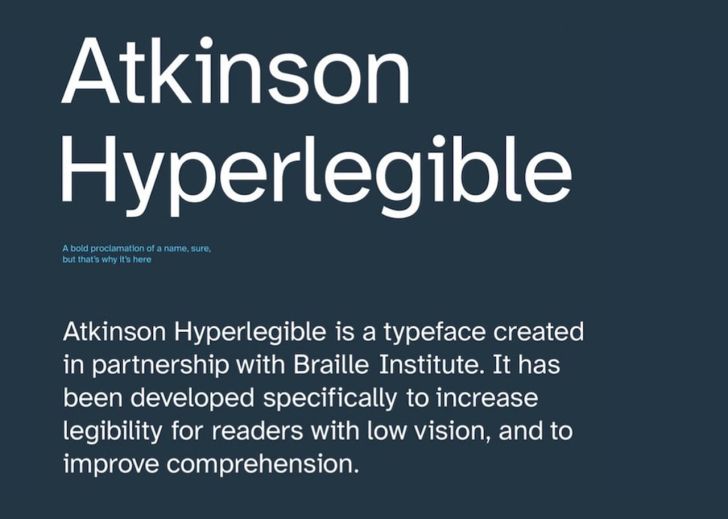My favorite projects are geographic ethnographies. Figuring out what makes the people on a certain section of the map act the way they do, and the opportunities that presents for a brand. With so much focus on internet culture, it’s intriguing to uncover the nuance of local communities, local attitudes, local preference that still exists. Sometimes.
Weirdly, we have been discussing the end of monoculture for about a decade. I wrote about it in Specific. But we also talk about how globalization, and technology eating everything contribute to a certain sameness of thinking or familiarity from place to place. We’ve all got the same global shops, seen the same global content (anyone seen Squid Games?) and eaten at the same chain restaurants.
Yet, wherever humans have a little space, you will find variation. Even if we’re all watching a hidden apartment be discovered in real-time on our For You Page, locally, we’re adding our own spin to it. “Locally” may mean geographically or may exist in our group chat. We are receiving more shared stimuli, but still processing them in different ways, yielding distinct responses. Identifying those processes and their potential outcomes is what makes communications strategy fun.
Leslie Short does similar research in workplaces. She studies workplace dynamics and to identify how diversity, equity and inclusion can be better woven in–sometimes in places where it has never been considered. Her approach is practical, pragmatic. I was fortunate to speak with her and learn more about the questions she asks, and how she addresses some of the biggest challenges in this space.
If you’d like a transcript of this episode, please let me know. Have any questions for me? Head over here or find me on Twitter. For more information on Leslie Short, visit The Cavu Group.






Leslie Short navigates uncharted waters